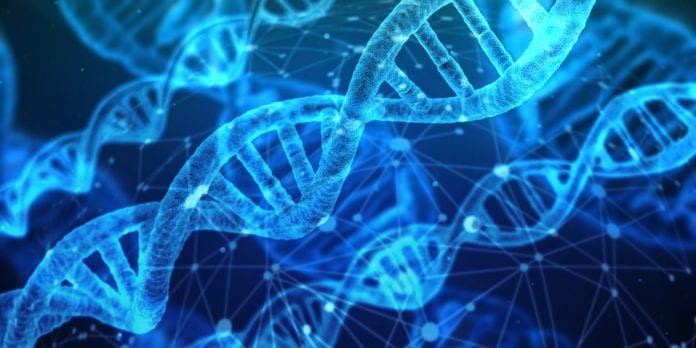NUI Galway is leading a €13 million project to train the next generation of researchers cracking the secrets of the genome.
A genome is the complete blueprints of any living organism, containing all of its DNA and the genetic information on what makes it tick.
Genomics is the branch of science that studies genomes to see how they direct the growth and function of cells and organisms.
The new SFI Centre for Research Training in Genomics Data Science at NUIG will train 100 PhD to take advantage of the power of genomics to change the fields of everything from human health to agriculture and food production.
Recently announced by Minister Heather Humphreys, the Centre will be led by NUI Galway and will involve partners from UCD, TCD, RCSI and UCC.
Professor Cathal Seoighe Director of the SFI Centre at NUIG said “Genomes are at the heart of all living things.”
“In combination with modern data science techniques, genomics has the capacity both to reveal deep biological insights and to transform applications of the life sciences from health to food and agriculture.”
In recent years the field of genomics has undergone a revolution, driven by new technologies that generate data on an enormous scale.
In order to make sense of the large and complex datasets arising from analysis of genomes we require highly trained data scientists, who can turn this data into useful information for new scientific understanding.
One are where genomics is already have a major impact is in studying how mutations and abnormalities in our genetics cause conditions such as cancer.
This is the main are of research of Dr Eva Szegezdi, biochemistry lecturer at NUIG and one of the six main leads on this project.
She said that here work is about trying to “understand how cancer cells can alter their genome to become resistant to chemotherapy and to find ways to exploit mutations in cancer cells to develop new therapies that only kill the cancer cells.”
In health, genomics is already beginning to be used to diagnose rare genetic disorders and predict the risk of common, complex disorders where our lifestyle plays a role.
This raises possibility of interventions targeted towards at-risk individuals.
New cancer therapies now target specific genomic mutations found in cancer cells while genetic manipulation can also guide improvements in agricultural crops, enabling disease resistance and improving yields.











